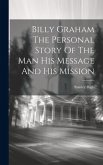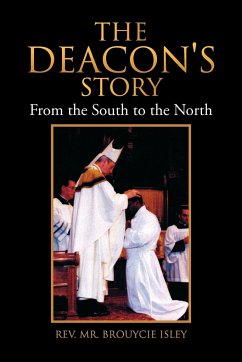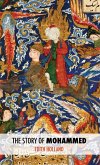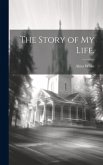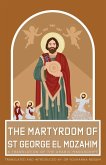"El campeador means in Spanish something more special than 'champion'… A campeador was a man who had fought and beaten the select fighting-man of the opposite side in the presence of the two armies." -Henry Edward Watts in The Story of El Cid The Story of El Cid is an essay originally published in The Christian Recovery of Spain: The Story of Spain from the Moorish Conquest to the Fall of Granada (711-1492 AD), by Henry Edward Watts in 1894. It relays the story of Castilian nobleman and the greatest Spanish medieval warrior, Rodrigo Díaz de Vivar (1043-1099). El Cid has a colorful history initially fighting on behalf of the Kingdom of Castile against the Moors during the early Reconquista. Later he became a mercenary for both Moor and Christian rulers. Rodrigo Diaz received the nicknames El Cid (i.e. "the Lord") from the Moors, and El Campeador (i.e. "Outstanding Warrior") from the Christians, reflecting their respect for him. El Cid remains an iconic figure in popular culture as evidenced by Charlton Heston starring as El Cid in the 1961 movie of the same name, and by Medieval Total War video games.
Hinweis: Dieser Artikel kann nur an eine deutsche Lieferadresse ausgeliefert werden.
Hinweis: Dieser Artikel kann nur an eine deutsche Lieferadresse ausgeliefert werden.

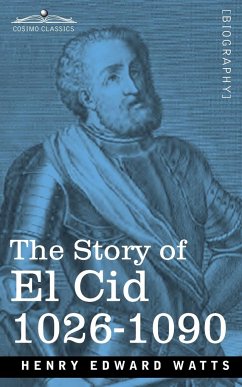
![From Opium Fiend to Preacher [microform]: The Story of Cheng Ting Chiah From Opium Fiend to Preacher [microform]: The Story of Cheng Ting Chiah](https://bilder.buecher.de/produkte/68/68915/68915265m.jpg)
